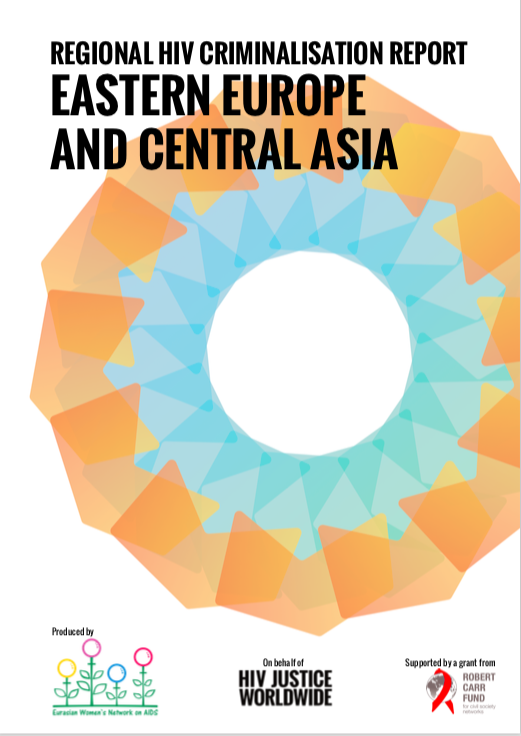Michael Johnson was released from prison on July 9th after serving five years of his original sentence of thirty years. He was in prison for failing to disclose his HIV status to his sexual partners and his sentence was longer than the state average for murder. The conviction covered transmitting HIV to two men and exposing four more to the virus, despite “an absence of genetic fingerprinting to connect him to the other men’s HIV strains.”
Johnson’s trial highlights the racist and homophobic undertones of the continued fear around HIV exposure. The images shown to the jury emphasized the darkness of Johnson’s skin, his muscularity (he was a star football player), and that two-thirds of the allegedly exposed men were white. The racist stereotypes regarding the sexuality of black men hurt Johnson’s chances in this trial, which were already slim given cringe-worthy missteps by his court-appointed public defender who claimed her client was “guilty until proven innocent.”
In the years since the trial and conviction, Johnson’s case has been a focal point of the discussion of the sexualization of black bodies and the inherent racism and homophobia in our criminal justice system. HIV criminalization laws disproportionately affect non-straight black men. Beyond these issues of justice, there is also the family of questions of the ethics surrounding sexual health. Johnson’s case is one of many where sexual relationships and health statuses are interpreted criminally, and the laws surrounding HIV transmission are not structured to reflect current empirical understandings of how the disease spreads.
Empirical evidence regarding HIV criminalization laws suggests that having such laws do not affect disclosure of HIV status to partners or decrease risk behaviors. A key component to the sexual ethics debate, arguably, is that people who are HIV positive can be treated to the point that it is an empirical impossibility that they transmit the virus to sexual partners. When medicated, people with HIV can have an undetectable viral load, which means that there isn’t enough of the virus in the person’s system to turn up on standard tests. This makes it basically no more likely for them to transmit HIV to their partners than a partner without HIV.
In light of this empirical reality, how should we ethically understand the risk of sexual behaviors? In recent years, some states have taken steps to make their laws more in line with the health reality of HIV transmission in particular: California has a bill that lessens the offense of knowingly transmitting HIV to a misdemeanor and a similar bill has been proposed in North Carolina. An attorney from the office that originally prosecuted Johnson in Missouri has become a supporter of a recent failed bill that would reduce punishment for knowingly expose someone to HIV in that state.
Knowingly exposing someone to risk is an ethically interesting area. There are cases where we knowingly expose people to risks and it seems ethically unproblematic. A bus driver exposes their passengers to risk on the road. A tandem jumper exposes their client to risk diving out of a plane. A friend exposes a guest to risk cooking for them, in operating ovens, in attempting to achieve safe temperatures and adequate freshness of ingredients.
There are two major ethical principles at work here, because knowingly exposing someone to risk is putting them in a position of potential harm. Serving a dinner guest a meal that you have reasonable expectations of harming them is an ethically problematic action, and we would hold you responsible for it.
In similar yet ethically unproblematic cases, it could be that the case satisfies an ethical principle of respecting someone’s autonomy – the person consented to take on the risk, or the risk is part of their life-plan or set of values. For example, your guest would have to consent to the risk if you are serving your guest the famed potentially poisonous fish dish from Japan, fugu, where the smallest mistake in preparation could be fatal.
Another scenario where posing potential harm to someone could be unproblematic is under circumstances where the risk is so minimal or typical that if harm were to result, we wouldn’t consider another morally culpable. If you are serving dinner to a group of people buffet-style in the winter, this increases everyone’s to the risk of catching colds and flus from one another but typically we don’t’ take this to be ethically problematic. These two principles are at play when considering the risk of sexual behaviors.
There are reasons to take on risks to one’s health and well-being, and we
